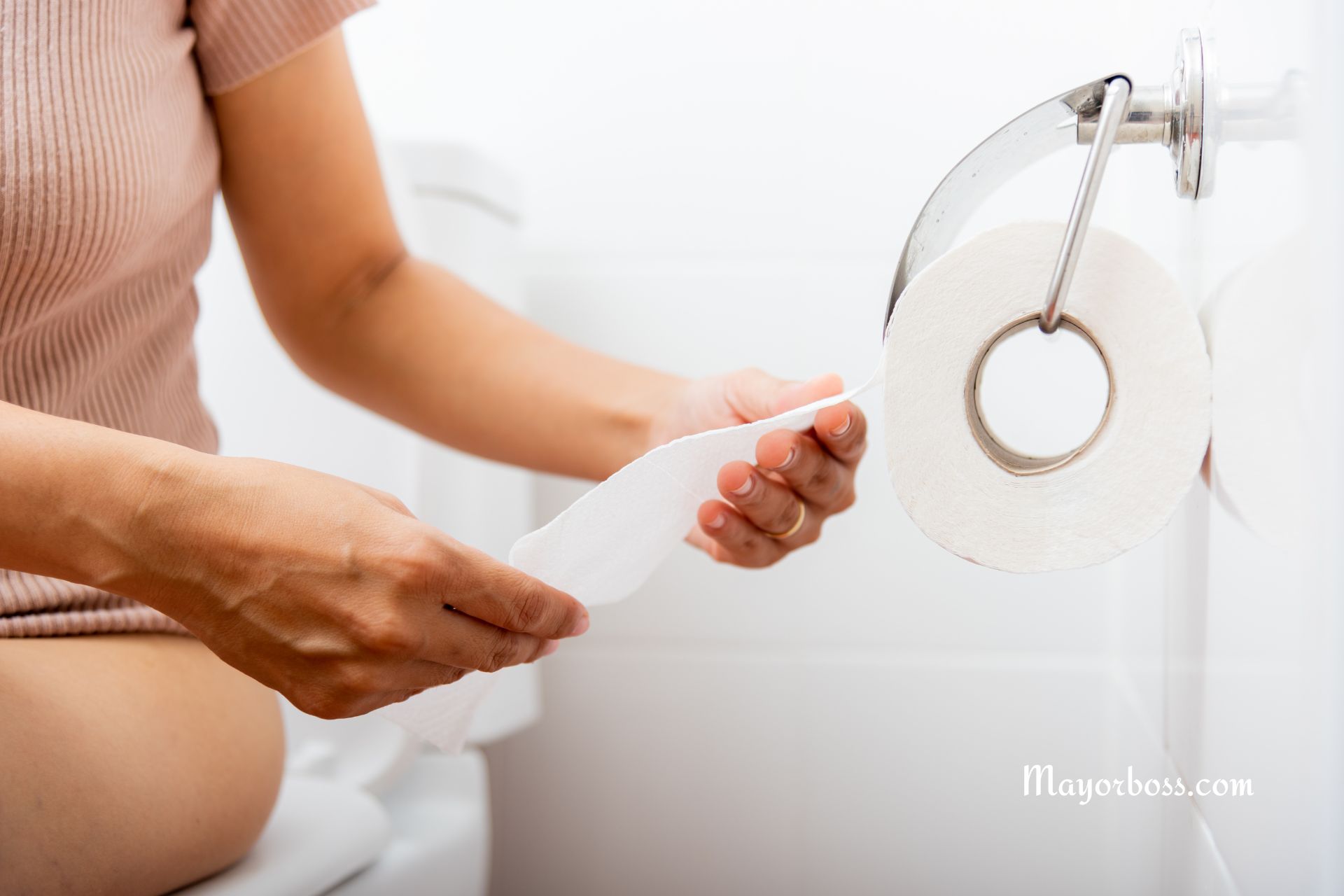Waking Up to Pee All Night? The Surprising Reasons It Happens as You Age

Have you ever found yourself trudging to the bathroom multiple times a night, wondering why this has become your new normal? It turns out you’re not alone. Many of us start noticing this change as we age, and it’s not just about how much water you drank before bed. Let’s gently pull apart the layers of this nighttime mystery together, shall we?
Understanding Your Body’s Night Shift
Imagine your body as a bustling city that never sleeps, but instead of slowing down at night, certain processes kick into overdrive. One of these involves your kidneys and the complex dance of hormones that manage your body’s fluid levels. As you age, this system undergoes changes, leading to more frequent bathroom breaks. Now, you might be asking, “But why does this system change?” Let’s take a closer look.
Your Bladder’s Changing Capacity
As you grow older, your bladder undergoes changes. Its capacity might decrease, meaning it can hold less urine. Moreover, the muscles of the bladder wall and the urethra might not work as efficiently. This means you might start feeling the urge to urinate even when your bladder isn’t full. In simple terms, your bladder becomes a bit more demanding with age.
The Hormonal Shift
As we get older, our body’s production of a hormone called antidiuretic hormone (ADH) changes. During the day, ADH helps your body retain water, but as night falls, it should tell your kidneys to chill out and produce less urine. However, with age, this nighttime signal can get weaker, meaning your kidneys don’t get the memo to slow down, resulting in more trips to the bathroom.
The Prostate Factor
For many men, an enlarging prostate gland comes with the territory of aging. This growth can press against the urethra (the tube that urine flows through) and irritate the bladder, making it feel fuller than it actually is. It’s like having a small balloon that used to hold a lot but now feels full after just a little air is blown into it.
Other Health Issues
Several health conditions more common in older adults can also contribute to nocturia (the fancy term for peeing at night). These include diabetes, high blood pressure, and heart disease, which affect how your body handles fluids. Urinary tract infections can also make nighttime urination more frequent.
Lifestyle Factors That Add to the Mix
Now, there are also a few lifestyle habits that might be adding to this nocturnal journey:
- Evening Fluid Intake: Naturally, drinking lots of fluids before bed means your body has more to process, leading to more bathroom breaks. But it’s not just about quantity; caffeine and alcohol can irritate the bladder, increasing the need to urinate.
- Sleep Apnea: Surprisingly, conditions like sleep apnea can play a role, too. They cause a drop in oxygen levels, which in turn can lead to an increase in urine production. It’s a complex interplay of your body’s systems trying to maintain balance.
- Medications: Some medications have diuretic effects, increasing urine production. If you’ve started a new medication and noticed a change in your nighttime bathroom visits, this could be why.
Embracing Strategies for Better Sleep
So, what can you do to minimize these disruptive night trips? Here are a few strategies that might help:
Adjust Your Fluid Schedule
Try to limit your fluid intake in the evening, especially drinks that can irritate your bladder, like caffeine and alcohol. It doesn’t mean you can’t enjoy a cup of tea or a glass of wine, but consider enjoying them earlier in the day.
Consider Your Diet
Certain foods can also irritate the bladder. Spicy foods, acidic fruits, and artificial sweeteners are common culprits. Observing how your body reacts to different foods and adjusting your diet accordingly can be helpful.
Practice Good Sleep Hygiene
Creating a bedtime routine that encourages relaxation can also make a difference. Dimming the lights, reducing screen time, and ensuring your bedroom is a comfortable, calm space can generally help improve the quality of your sleep, hence making those nighttime awakenings less likely.
When to See a Doctor
If you’ve tried these strategies and still find yourself making frequent trips to the bathroom at night, it might be time for you to talk with your doctor. They can help you figure out the culprit and offer advice to improve your situation.
Frequently Asked Questions
Q: Is it normal to wake up multiple times a night to pee as I get older?
A: Yes, it’s a common part of aging due to changes in hormone levels, bladder capacity, and possibly the presence of medical conditions like an enlarged prostate in men.
Q: Can lifestyle changes really help reduce nighttime urination?
A: Absolutely. Adjusting fluid intake, avoiding bladder irritants, and practicing good sleep hygiene can all reduce the need to urinate at night.
Q: When should I be concerned about nighttime urination?
A: If making lifestyle adjustments doesn’t help, or if you experience other symptoms like pain or difficulty urinating, it’s important to see a healthcare provider. They can rule out underlying conditions and offer additional support.
In conclusion, waking up frequently at night to pee is a common issue as you age, resulting from changes in your bladder, hormone levels, and sleep patterns, as well as other health conditions.
